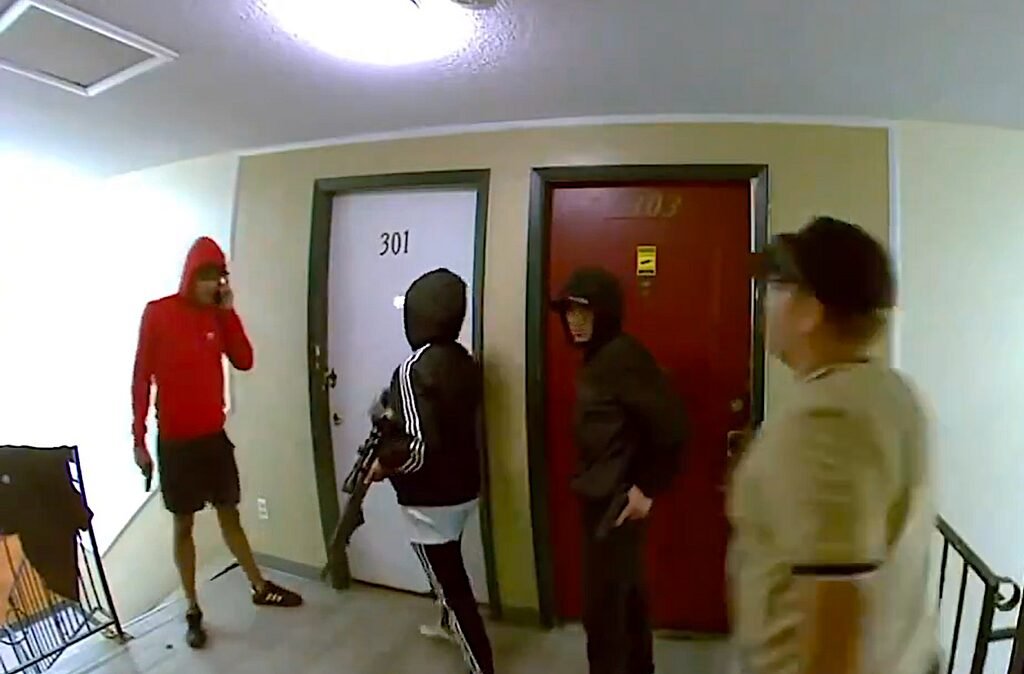The Venezuelan criminal faction Tren de Aragua, which emerged from a prison and driven by the migration crisis, expanded its operations across Latin America, reaching Brazil, the USA and Europe. The group operates with kidnapping, extortion and trafficking, generating security alerts in several countries.
How did Tren de Aragua emerge and expand?
The group was born as a gang inside the Tocorón prison, in Venezuela. Its expansion was accelerated by the country’s migration crisis, exploiting the Venezuelan diaspora. An operation by the Nicolás Maduro regime, which aimed to dismantle the faction, ended up having the opposite effect: it decentralized the structure, allowed cells abroad to gain autonomy and begin to finance themselves locally, consolidating their presence in other territories.
What is the situation of the faction in Chile?
Chile is the country where Tren de Aragua has achieved the highest degree of consolidation outside of Venezuela. The criminal cells entered border cities and advanced towards the capital, Santiago. The group operates in kidnappings, extortion, drug and human trafficking, and homicides. The faction was at the center of the political debate after the murder of a Venezuelan military refugee, a crime that, according to investigations, had members of the group acting at the behest of the Maduro government.
How does the group operate in Brazil?
Operations in Brazil are growing, with cells already identified in Roraima, Amazonas, São Paulo and Rio de Janeiro. The faction mainly exploits the Venezuelan refugee community with extortion, illegal tolls and trafficking. Furthermore, there is cooperation with Brazilian factions such as the Primeiro Comando da Capital (PCC) in drug and weapons trafficking, especially in Roraima, taking advantage of the large number of Venezuelans in the region.
Did the faction reach the United States and Europe?
Yes. In the US, cells have been identified in states such as New York, Texas and Florida, focusing on extortion and sexual exploitation of Venezuelan migrants. In Europe, Spanish police recently dismantled the continent’s first cell, which operated in Barcelona, Madrid and Málaga with sex trafficking, extortion and cocaine distribution.
What are the group’s main criminal activities?
Tren de Aragua’s “business” is diverse. The faction specializes in crimes that exploit the vulnerability of migrants, such as systematic extortion (called vacuna), human trafficking and sexual exploitation. The group also operates in kidnappings, contract killings, drug trafficking and money laundering, establishing corruption networks and co-opting local criminals to strengthen its operations.
This content was generated with artificial intelligence. To access the information in full and delve deeper into the topic, see the report below.
SEE ALSO:
- Brazil, Chile, Ecuador: which countries have the Venezuelan Tren de Aragua faction already spread to?

